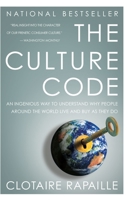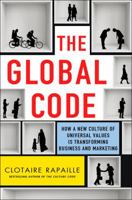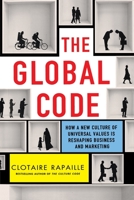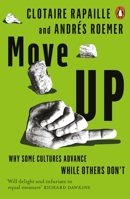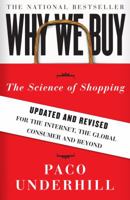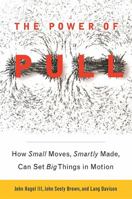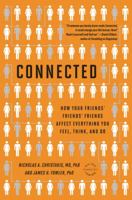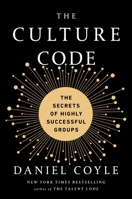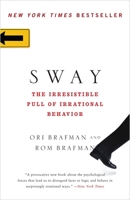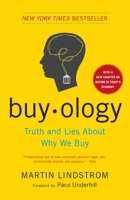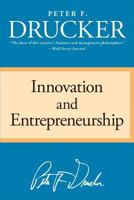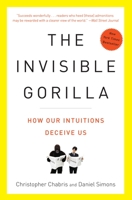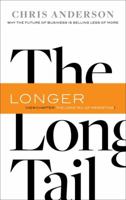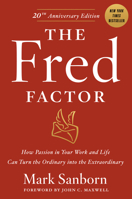Your Pregnancy and Childbirth: Month to Month
Select Format
Select Condition 
Book Overview
Take charge of your pregnancy. For trusted advice, turn to Your Pregnancy and Childbirth: Month to Month from the American College of Obstetricians and Gynecologists.
Coming in Winter 2021, this fully revised edition of Your Pregnancy and Childbirth: Month to Month offers the latest medical guidelines in straightforward, easy-to-read language to help you make the best decisions for you and your pregnancy. You can trust that the information you read is supported by medical research and the everyday experience of ob-gyns who have cared for millions of pregnant women.
Your Pregnancy and Childbirth encourages you to
learn about prepregnancy health and planning, pregnancy, labor and delivery, and the postpartum perioduse the information you learn to talk with your ob-gyn and others who may care for you during pregnancybe an empowered, active decision-maker in your careMedical information has been updated, and new illustrations have been added. A chapter of Frequently Asked Questions also has been added in response to reader feedback. And new for this edition are important tools that you can use when talking with your ob-gyn, including
a medical history form to review before your first prenatal care visita form to track possible exposure to toxic or harmful things at home or worka checklist for tracking symptoms or concerns during the postpartum perioda chart to note contact information for friends, family, and health care providers who will help you during the postpartum periodPregnancy is a life-changing experience. Get the answers and support you need from Your Pregnancy and Childbirth: Month to Month.
You Might Also Enjoy
Customer Reviews
Rated 5 starsJean Rabe has an interisting (but cool) writing style.
When I read this I was obsessed with Jean Rabe. Not as good as some authors but still amazing. Her writing style is a lot more catching than many books I've read. It's not for the people who have been reading Dragonlace for a long time, but it's stil very good. I recommend it for those who have never read Dragonlance books before. Nice one Rabe!!!
0Report
Rated 5 starsA GREAT CONCLUSION TO A FRESH TRILOGY
An open ended ending for sure...It seems as if poor Rabe was atad rushed with the space given to her by her editors. I have readall the reviews and the bashing is ... The woman wrote a darn good book under her editorial guidelines. Perosnally I wish certain aspects of the Fifth Age were given more detail. Rabe's writing made the characters come to life... I must say that I even like ... hugging Feril...The plot was fast paced,...
0Report
Rated 5 starsLoved the Dragons!
She's got a nifty writing style. One that makes me think I'm right there. And I like the dragons. They're immense! They've got goals, and they're not motivated like human characters are. They're like the way I pictured dragons to be. Much fun!
0Report
Rated 5 stars::finishes the book, reads in amazement, then barfs::
OH my gosh.........the trilogy started out being not-so-bad...but now! The ending of this book was worst I have seen in any book ever. All the ends are left untied. Who is Fury? What will happen to Malys? Will Dhamon & Feril end up together? Is Khellendros dead or stuck in the Gray? And when is Blister gonna stop using her stupid gloves?!? Utterly horrible!
0Report
Rated 5 starsGood, yet bad
In this the last book of the Dawning of A New Age trilogy, is a good ending to it. To make it simple, the heros Dhamon, Rig, Blister, Groller, Feril, Palin, Usha, Ulin, Gilanthas, Silvara, and Fury, continue the battle against the Dragon Overlords and the unfortunate loss of one of them,(not Dhamon) but the return of a important classic Character. For those of you who have read this trilogy know that Margret Weis and Tracy...
0Report












